Ocean’s is proud to partner with CleanHub to solve plastic pollution at the source. Beginning 2025, we’re expanding our impact across different continents with the Clean Global initiative. This partnership allows us to prevent ocean-bound plastic waste while supporting local communities in the regions most affected.
How Our Plastic Will Be Collected
Through CleanHub’s global network, plastic will be collected from a portfolio of projects located in key areas where the risk of plastic entering our oceans is highest. Each project brings a unique story and impact to our mission:
Clean Jepara
Nestled in the remote Andaman Islands, this project is critical for safeguarding the region’s pristine marine ecosystems. With limited infrastructure for waste management, the project plays a pivotal role in protecting one of the most biodiverse regions in the world. Local fishermen often contribute by reporting plastic hotspots they encounter on the water.
Clean Andaman (India)
Nestled in the remote Andaman Islands, this project is critical for safeguarding the region’s pristine marine ecosystems. With limited infrastructure for waste management, the project plays a pivotal role in protecting one of the most biodiverse regions in the world. Local fishermen often contribute by reporting plastic hotspots they encounter on the water.
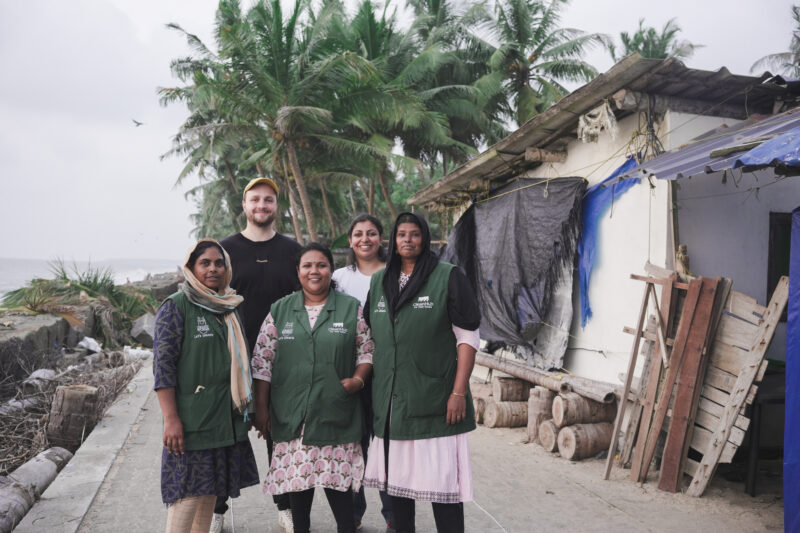
Clean Kerala (India)
This project works across southern India, now expanded to include Clean Kasaragod, a new site tackling coastal and rural plastic waste with modern technologies and improved working conditions for the waste workers at the facilities. The local teams collaborate with communities to collect plastic that would otherwise contaminate rivers and beaches. Their efforts have already prevented thousands of kilograms of plastic from reaching the Arabian Sea, providing stable incomes for local waste workers.
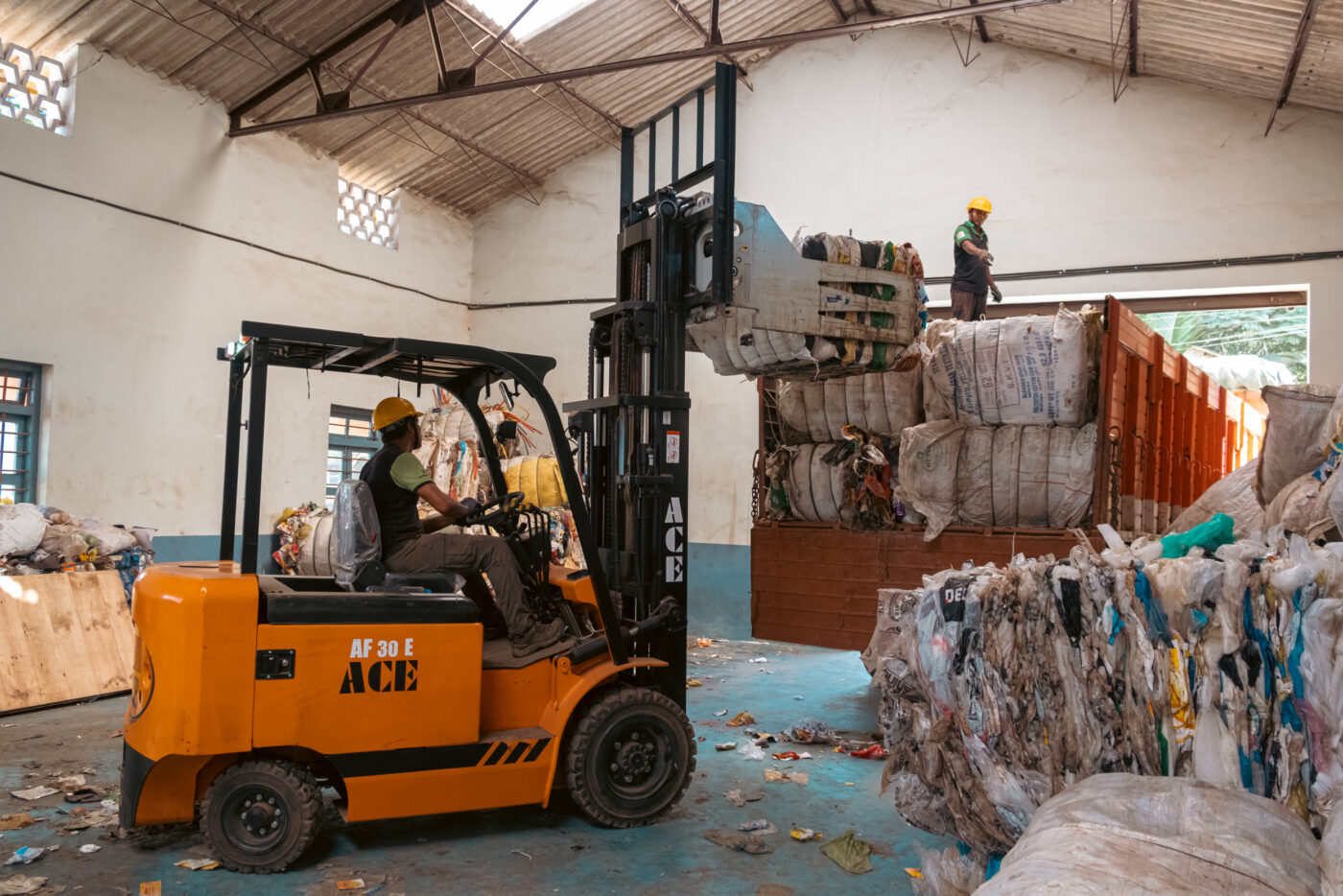
Clean Goa (India)
Nestled in the remote Andaman Islands, this project is critical for safeguarding the region’s pristine marine ecosystems. With limited infrastructure for waste management, the project plays a pivotal role in protecting one of the most biodiverse regions in the world. Local fishermen often contribute by reporting plastic hotspots they encounter on the water.
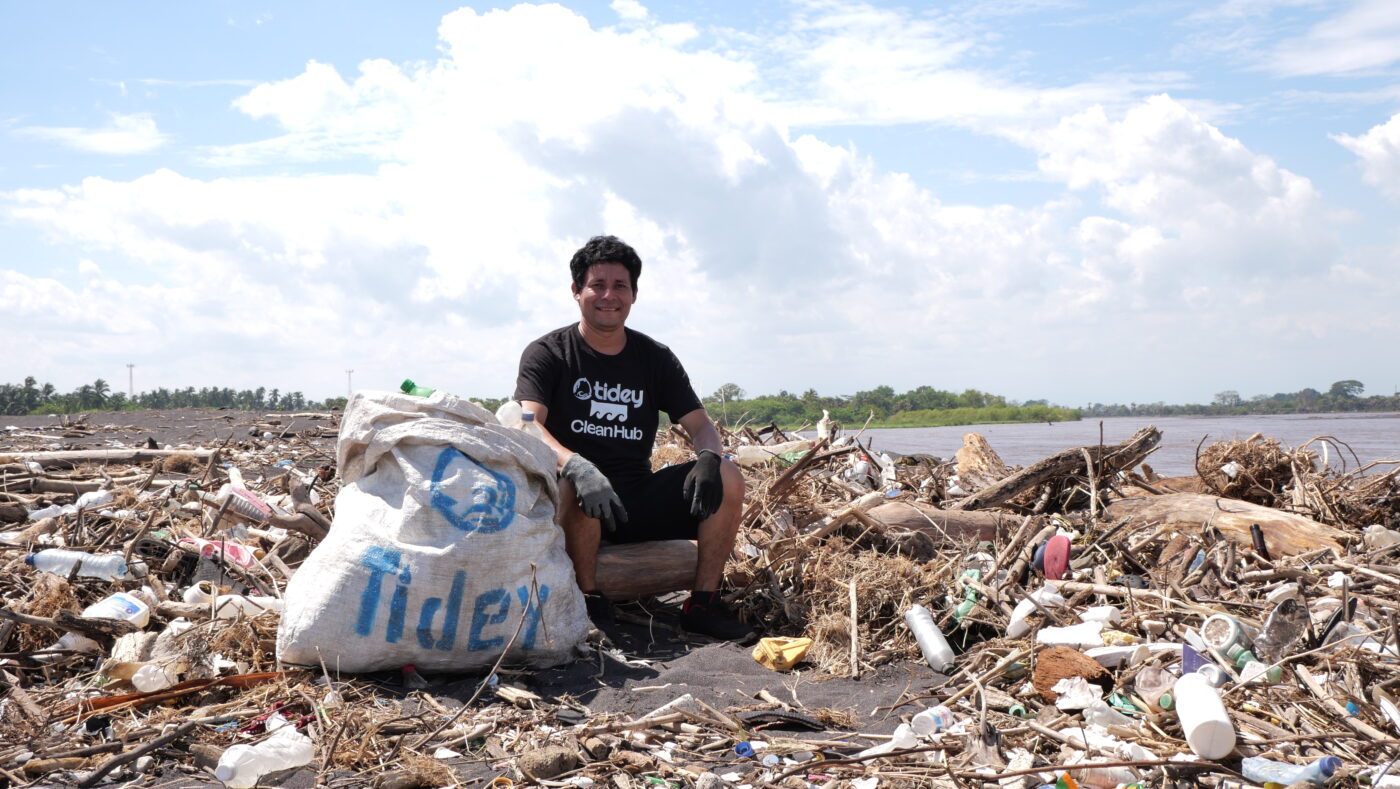
Clean La Barrita (Guatemala)
Nestled in the remote Andaman Islands, this project is critical for safeguarding the region’s pristine marine ecosystems. With limited infrastructure for waste management, the project plays a pivotal role in protecting one of the most biodiverse regions in the world. Local fishermen often contribute by reporting plastic hotspots they encounter on the water.
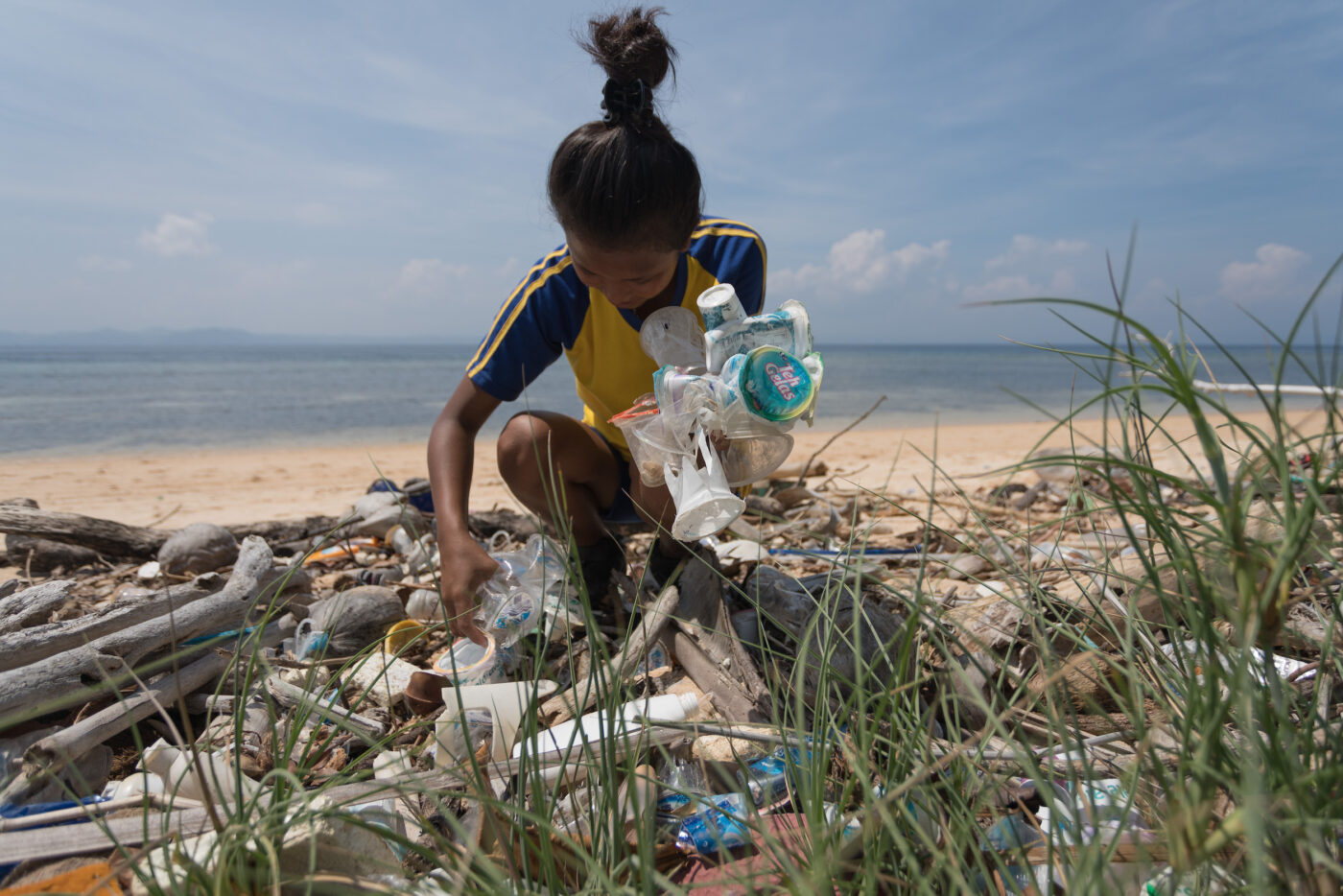
Clean North Sulawesi (Indonesia)
Nestled in the remote Andaman Islands, this project is critical for safeguarding the region’s pristine marine ecosystems. With limited infrastructure for waste management, the project plays a pivotal role in protecting one of the most biodiverse regions in the world. Local fishermen often contribute by reporting plastic hotspots they encounter on the water.
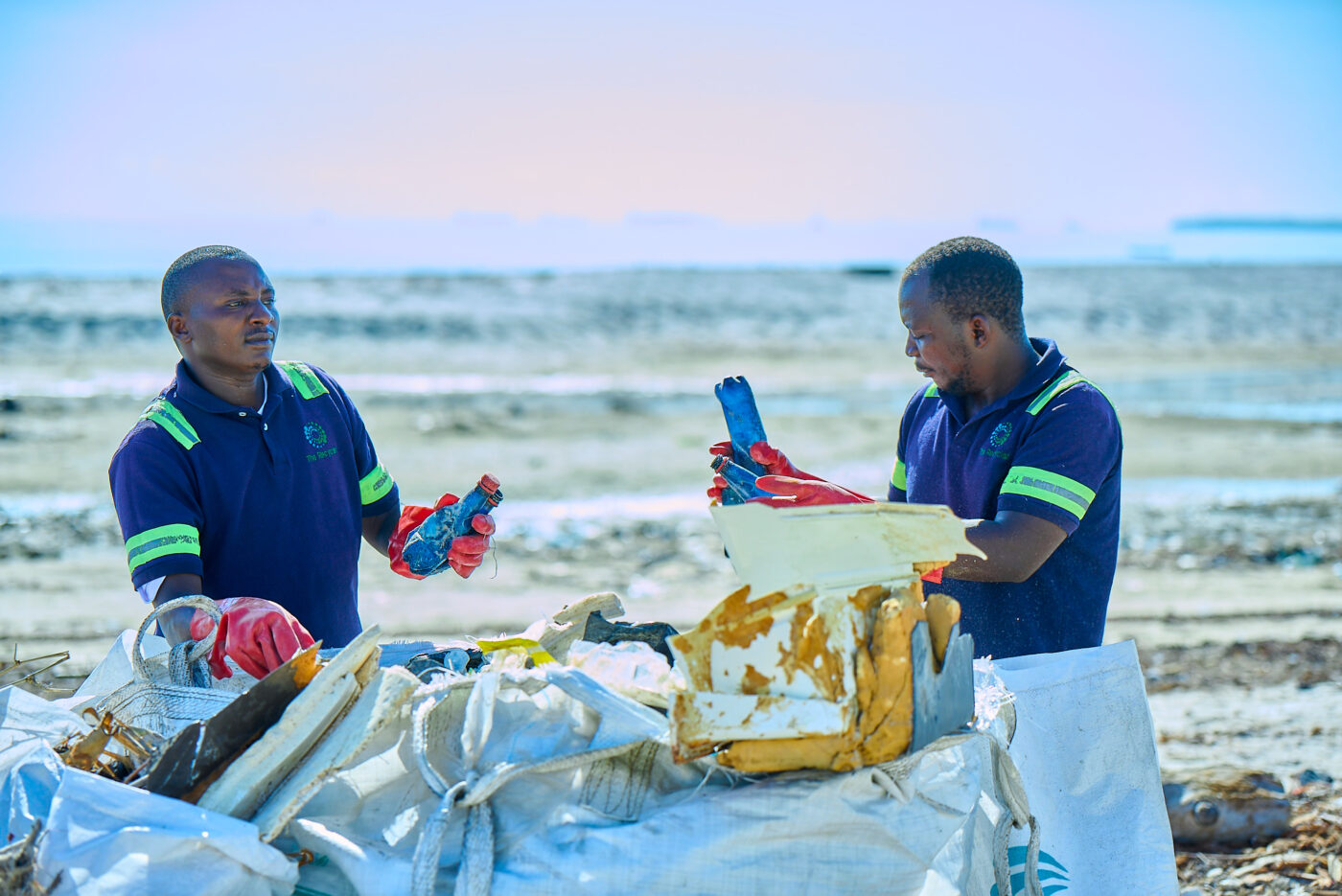
Clean Dar Es Salaam (Tanzania)
Nestled in the remote Andaman Islands, this project is critical for safeguarding the region’s pristine marine ecosystems. With limited infrastructure for waste management, the project plays a pivotal role in protecting one of the most biodiverse regions in the world. Local fishermen often contribute by reporting plastic hotspots they encounter on the water.
Why This Matters
By partnering with CleanHub, Ocean’s is taking responsibility for the plastic problem our world is facing, ensuring plastic is collected before it reaches our oceans. This collaboration not only reduces pollution but also provides sustainable income opportunities for waste workers, many of whom are women, in underserved communities.
We’re proud to be a part of this journey and invite you to learn more about the work being done by us and CleanHub by visiting our Impact Report.
Showing 0 reviews
Thanks for submitting your comment!